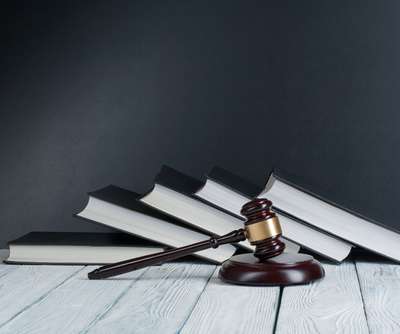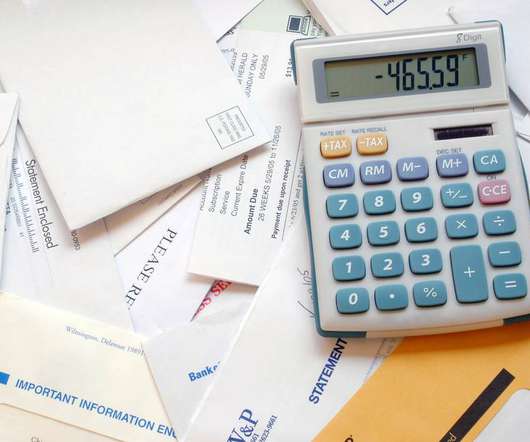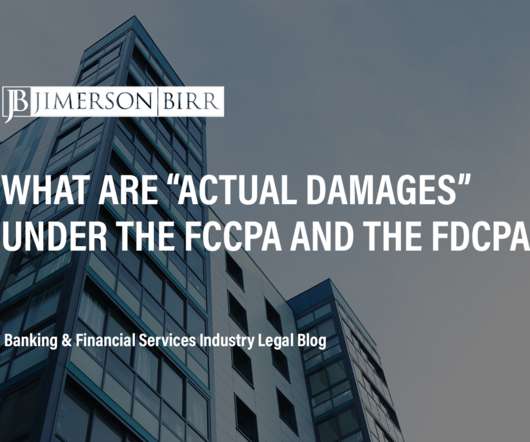Fair Debt Collection Practices Act (FDCPA)
Better Credit Blog
AUGUST 31, 2020
Debt collectors are notorious for harassing consumers when they seek repayment, calling excessively and threatening to take actions that may not be legal. What you may not know is that you are protected by the Fair Debt Collection Practices Act (FDCPA), a law designed to keep third-party debt collectors in check when they contact you.



















Let's personalize your content